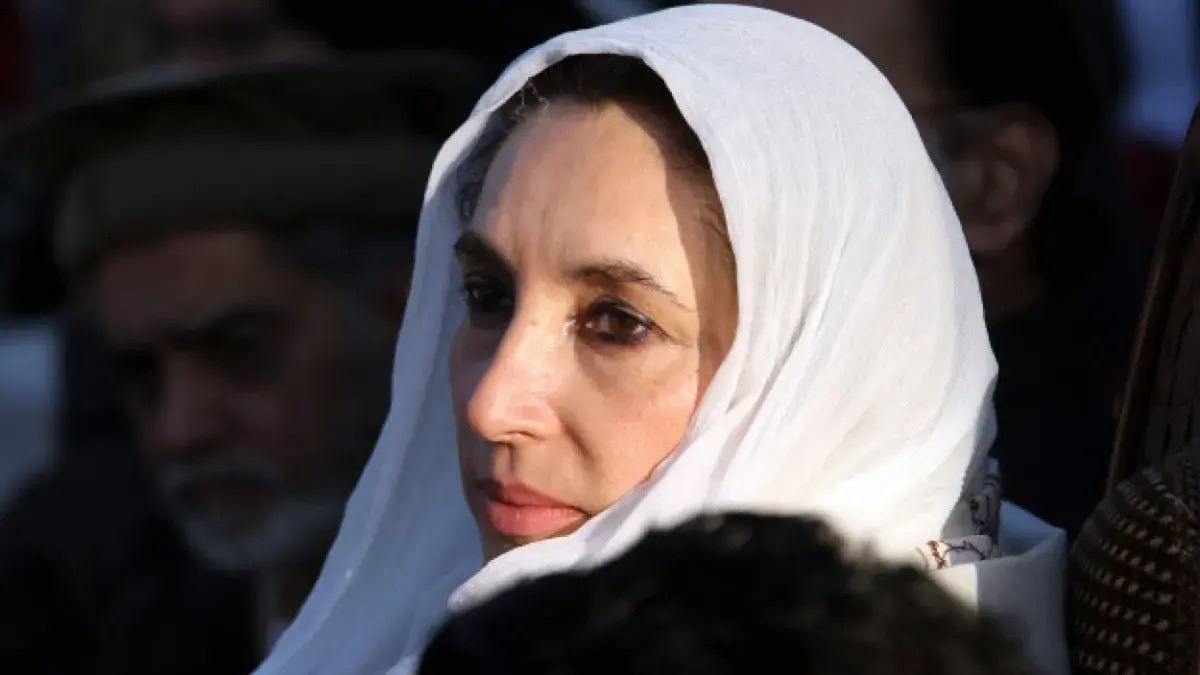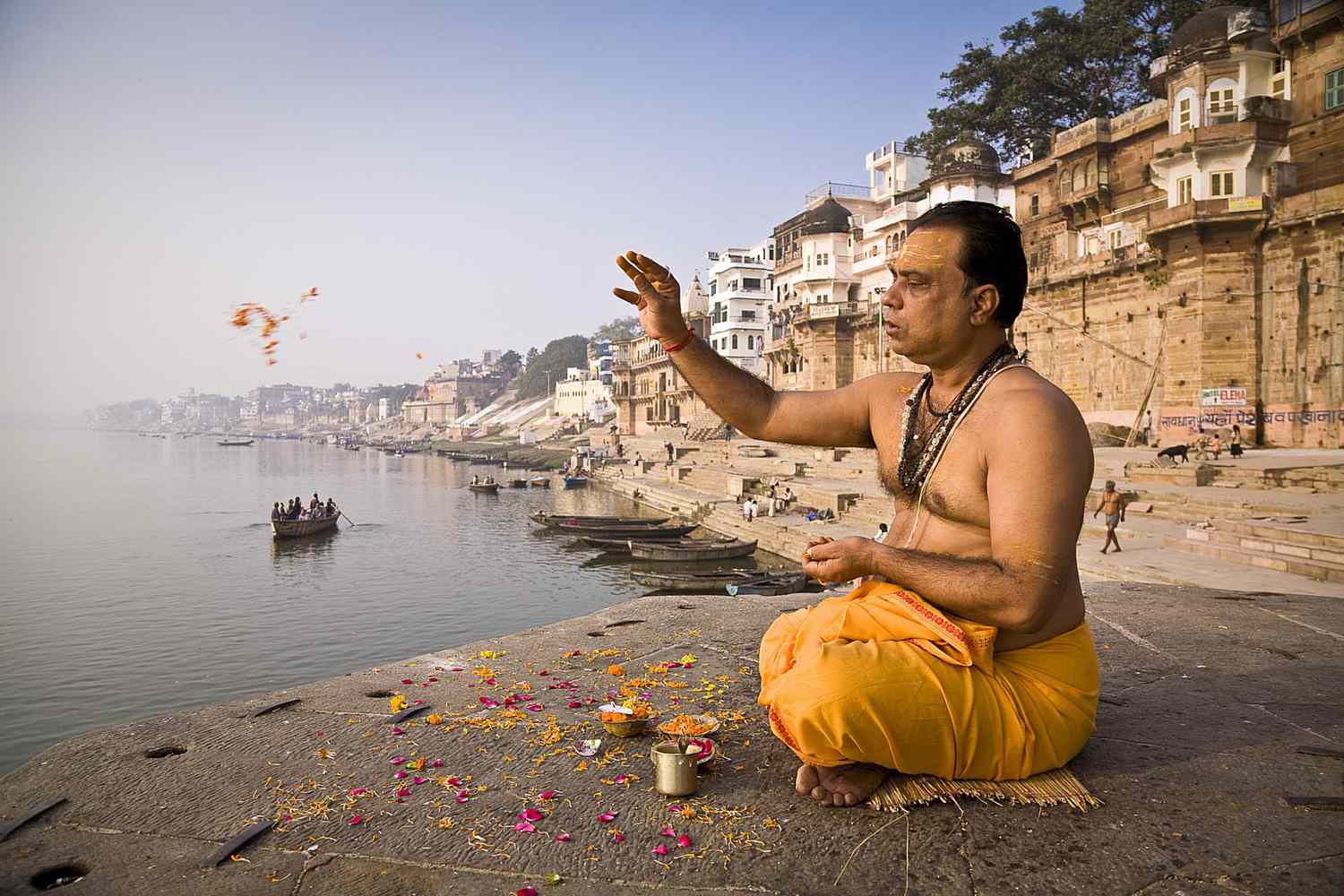
Benazir Bhutto, Pakistan's first female Prime Minister, was a trailblazer in a male-dominated political landscape. Her assassination on December 27, 2007, shocked the world and left many questions unanswered. Who was behind this tragic event? Was it a lone act or a coordinated effort? Bhutto's death not only altered Pakistan's political scene but also raised concerns about security and democracy in the region. This blog post delves into 15 key facts about her assassination, shedding light on the circumstances surrounding her untimely demise. Understanding these facts helps grasp the complexities of her life and the impact of her loss.
Benazir Bhutto: A Political Icon
Benazir Bhutto, the first woman to lead a Muslim-majority country, was a symbol of hope and progress for many in Pakistan. Her assassination on December 27, 2007, shocked the world and left many questions unanswered. Here are some key facts about this tragic event.
-
Benazir Bhutto was the daughter of Zulfikar Ali Bhutto, a former Prime Minister of Pakistan who was executed in 1979.
-
She served as Prime Minister of Pakistan twice, from 1988 to 1990 and from 1993 to 1996.
-
Bhutto was assassinated in Rawalpindi, a city with a significant military presence, raising suspicions about possible involvement by elements within the military.
The Day of the Assassination
The events of December 27, 2007, are etched in the memories of many. Bhutto was attending a rally in Rawalpindi when tragedy struck.
-
She was campaigning for the upcoming parliamentary elections scheduled for January 2008.
-
Bhutto was leaving the rally in a bulletproof vehicle when she decided to stand up through the sunroof to wave to supporters.
-
A gunman fired shots at her, followed by a suicide bomber detonating explosives near her vehicle.
The Investigation and Controversies
The investigation into Bhutto's assassination has been fraught with controversies and conflicting reports.
-
Initial reports suggested she died from a gunshot wound, but later government statements claimed she died from a head injury caused by the bomb blast.
-
The Pakistani government requested assistance from Scotland Yard to investigate the assassination.
-
Scotland Yard's report concluded that Bhutto died from the impact of the bomb blast, not from gunshot wounds.
The Aftermath and Political Impact
Bhutto's assassination had far-reaching consequences for Pakistan's political landscape and stability.
-
Her death led to widespread riots and violence across Pakistan, resulting in numerous casualties and significant property damage.
-
The parliamentary elections were postponed to February 2008 due to the unrest following her assassination.
-
Bhutto's Pakistan Peoples Party (PPP) won the most seats in the rescheduled elections, leading to her husband, Asif Ali Zardari, becoming President of Pakistan.
Theories and Speculations
Various theories and speculations have emerged over the years regarding who was behind Bhutto's assassination.
-
Some believe that extremist groups like the Taliban or Al-Qaeda were responsible for her death.
-
Others suspect that elements within Pakistan's military and intelligence agencies may have played a role in the assassination.
-
Bhutto herself had expressed concerns about her safety and had written a letter to then-President Pervez Musharraf, naming individuals she believed posed a threat to her life.
Reflecting on Benazir Bhutto's Legacy
Benazir Bhutto's assassination on December 27, 2007, left a lasting impact on Pakistan and the world. Her life, marked by political achievements and personal sacrifices, continues to inspire many. Bhutto broke barriers as the first woman to lead a Muslim-majority country, advocating for democracy and women's rights. Her tragic death highlighted the ongoing struggle for political stability and security in Pakistan.
Understanding the circumstances surrounding her assassination helps us grasp the complexities of Pakistani politics. It also underscores the importance of resilience and courage in the face of adversity. Bhutto's legacy lives on through her contributions to her country and the inspiration she provides to future generations. As we remember her, let's continue to strive for the values she championed: democracy, equality, and justice.
Was this page helpful?
Our commitment to delivering trustworthy and engaging content is at the heart of what we do. Each fact on our site is contributed by real users like you, bringing a wealth of diverse insights and information. To ensure the highest standards of accuracy and reliability, our dedicated editors meticulously review each submission. This process guarantees that the facts we share are not only fascinating but also credible. Trust in our commitment to quality and authenticity as you explore and learn with us.


